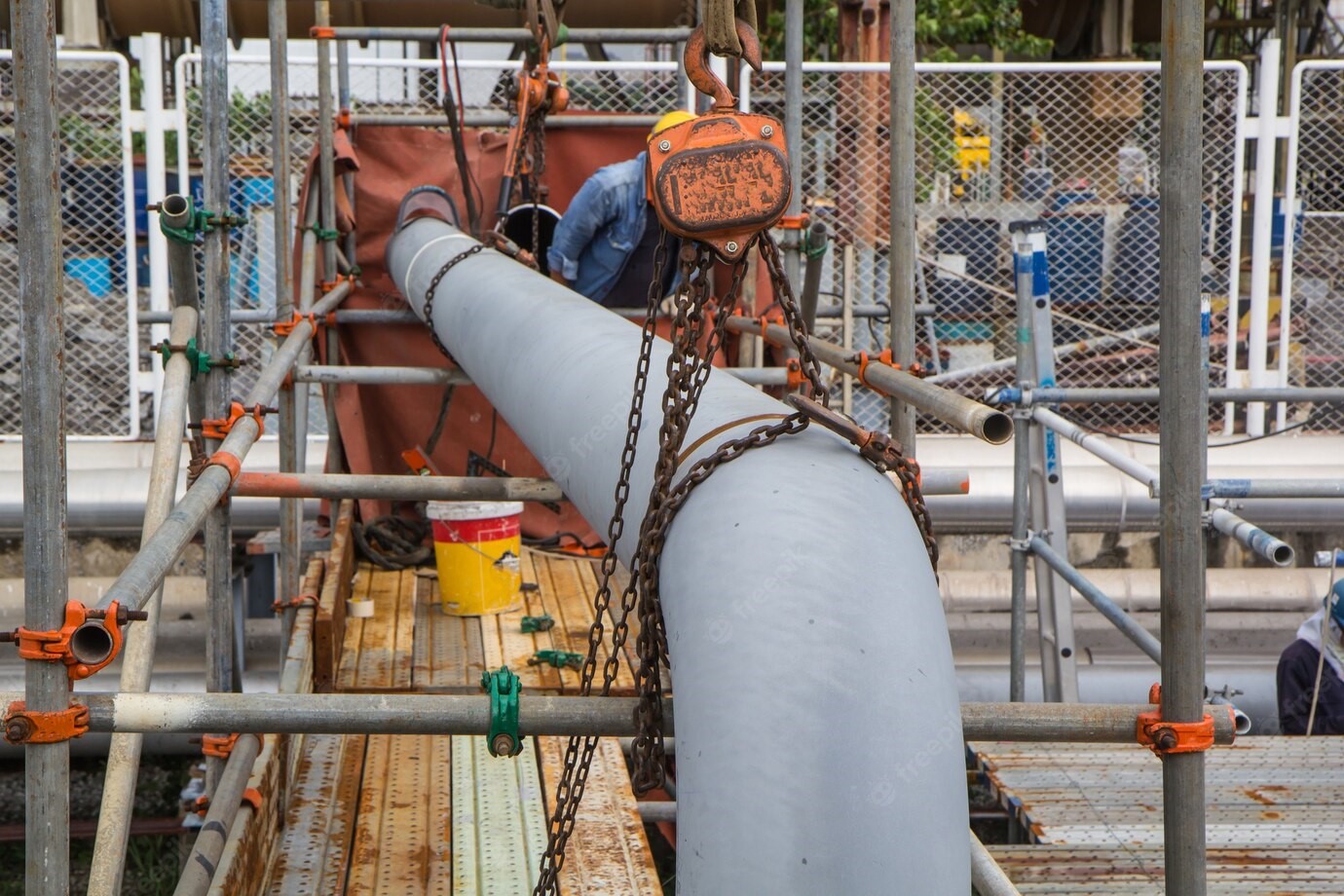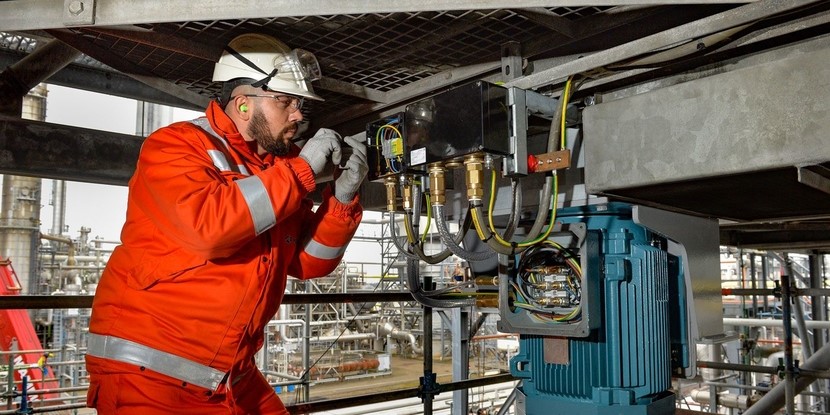HOW INTESG ENSURE A CONSTRUCTION PROJECT IS
EXECUTED SUCCESSFULLY
Construction projects can be difficult to manage. There are several stakeholders, phases, responsibilities, and tasks involved. It’s challenging to make sure everything runs smoothly.
While typical project management skills are helpful, executing a successful construction project is more complex, as the average construction project manager has 120 responsibilities. While that can seem overwhelming, having the right plan and strategy can make the job easier.
Here are five key strategies to ensure a successful construction project.
CLEARLY DEFINE THE SCOPE
The first step of executing a construction project is defining the scope. This involves determining and documenting a list of:
- Objectives
- Deliverables
- Features
- Functions
- Tasks
- Deadlines
- Costs needed to complete the project
To determine the scope, we must first figure out the tasks that need to be completed in the project and assign an activity to each tasks.
Next, we determine the resources needed to complete the tasks. This can be manpower or equipment and materials. We’ll then need to estimate the timetable for each task as well as the approximate cost.
Though we want to define our scope, realize that it may change. Changes can impact time and costs. However, an effective scope provides a strong framework for our project.
.
SET GOALS AND MILESTONES
After we define the scope of the project, it’s time to set goals and targets to make sure the project stays on track and on budget.
Each phase of our project has an objective—whether it’s laying the foundation or installing electricity—and each objective has a target for when it needs to be complete. On a granular level, each phase has smaller tasks that need to be completed to meet the target completion.
After tasks are delegated, set milestones for each tasks to help us measure the progress toward the objective. One way to do this is by creating SMART goals, an acronym that stands for:
- Specific
- Measurable
- Attainable
- Realistic
- Time-sensitive
SMART goals help team members stay on track, but they also serve as motivators to meet the objective. The milestones also help us track the project’s progress so we can make necessary adjustments, which may include delaying a phase or dedicating more resources to an area that is falling behind.
.
ESTABLISH EFFECTIVE COMMUNICATION
Nothing can damage a construction project more than a breakdown in communication. It’s often an overlooked factor that causes unnecessary issues and delays. It’s essential to have clear and effective communication in every phase of the project.
One of the best ways to avoid issues is to establish the standard of communication at the start of the project. We determine how often and by which method we’ll communicate with contractors, owners, and all key stakeholders—whether it’s a weekly email, phone call or daily report.
We establish a flow of communication with everyone so nothing falls through the cracks; this includes workers on the ground as well as suppliers. Regular communication also establishes transparency, which is vital to the process. It ensures there are no surprises about delays, problems or budgets.
MONITOR PROGRESS WITH TECH TOOLS
Alongside communication, monitoring each phase of the project is crucial to keeping it on pace and on budget. While communication helps, having a technology solution that gives you visibility into how the project is progressing makes monitoring easier.
Software planning solutions provide insights and analysis of the project in real-time with daily reports. This keeps you abreast of important dates and helps we determine if each task will meet its target completion.
A planning solution can also provide alerts for when a task is nearing completion or if it’s behind schedule. The analysis in these solutions can help us predict issues and adjust deadlines as necessary.
KEEP TRACK OF PAPERWORK
Managing construction projects means we’ll need to manage plenty of documents, such as permits, contracts, budgets, etc. Even if we have workers to help manage those documents or finances involved, we need to be involved with the process, and many documents will need our signature.
Managing our documents and finances in a cloud-based platform is the best way to keep important files organized so we’ll be able to easily access them. In a cloud-based platform, we or any other key stakeholder will be able to access important documents at any time, no matter where they’re located.
This can save time and money, especially when you consider the number of invoices, contracts and other documentation we use.
Construction projects can be complex and involved. To ensure they run smoothly, we need to use all the tools and methods available to stay organized. Having a scheduling platform to monitor and manage the planning and progress of our projects can improve efficiency and provide peace of mind.





